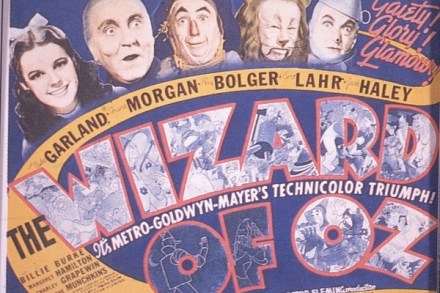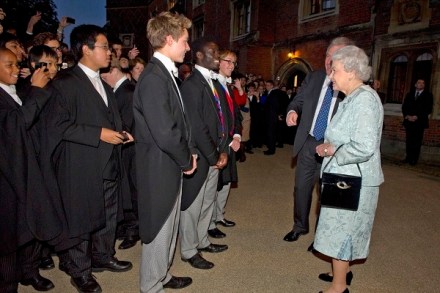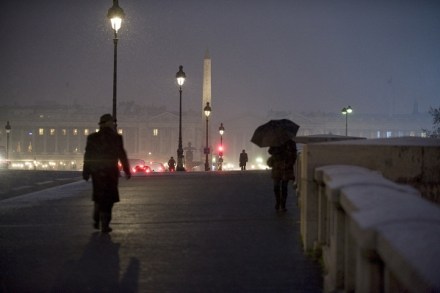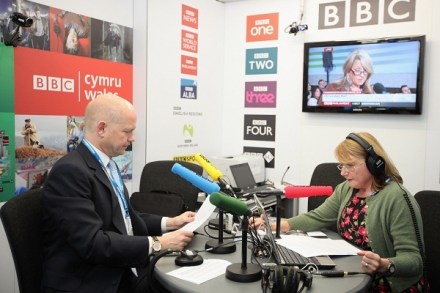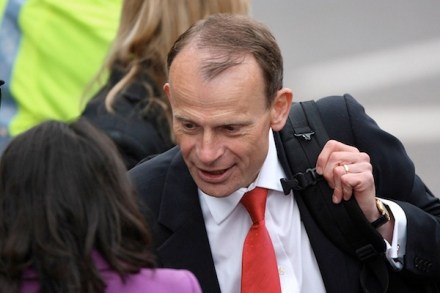For 79p a download you can outrage the Establishment!
During the period when Ireland had its own sort of censorship, a version of the Vatican’s Index of Forbidden Books, there was an ugly rush by publishers and writers to get their books onto it. The novelist Flann O’Brien used to complain that the chances of literary success for a book that hadn’t been banned were very slim. The lesson seems not to have been learned by some of Lady Thatcher’s friends, the ones who are urging the BBC not to broadcast ‘Ding Dong the Witch is Dead’ if it gets to the top of the charts. For some reason it’s been doing awfully well since her death. Headlines in
